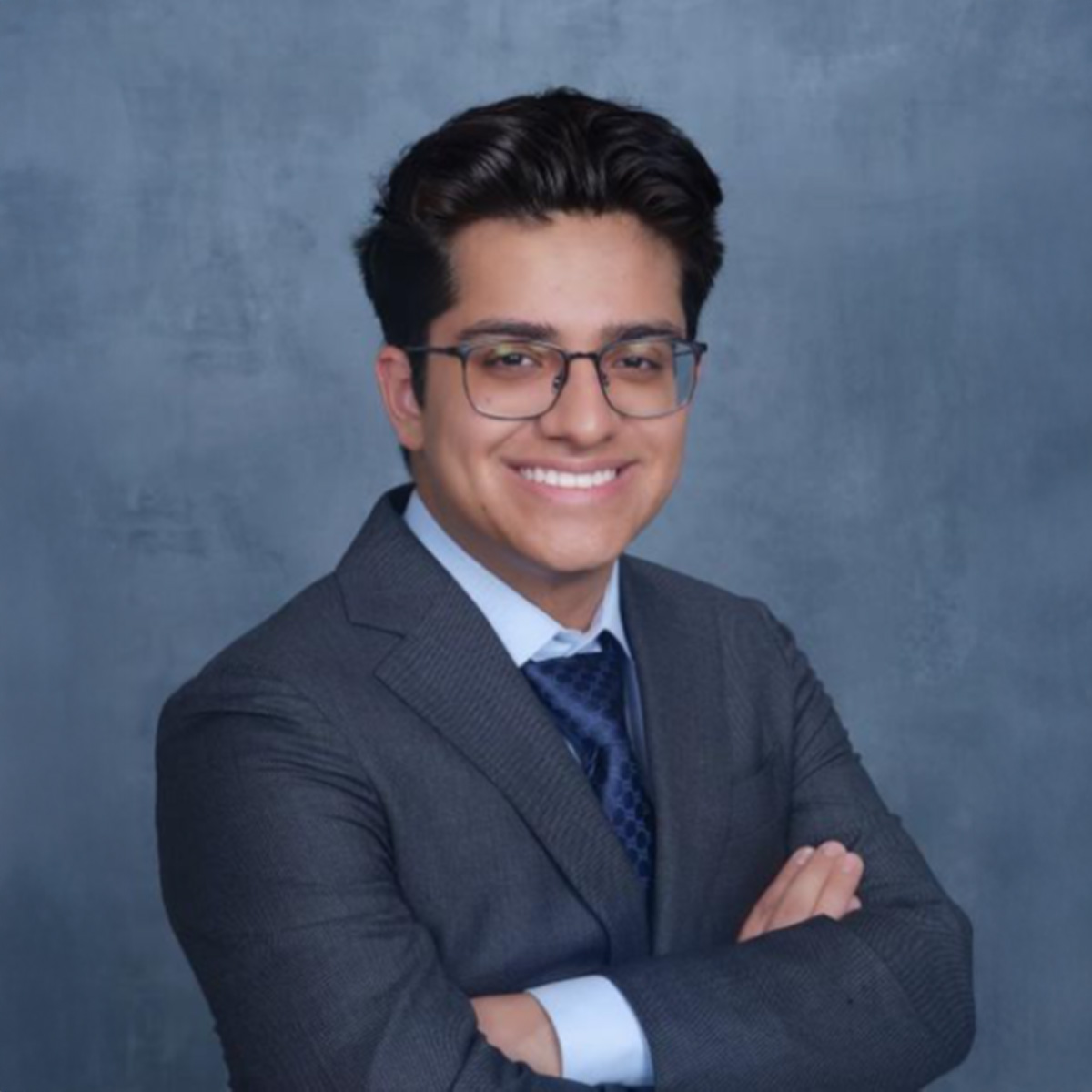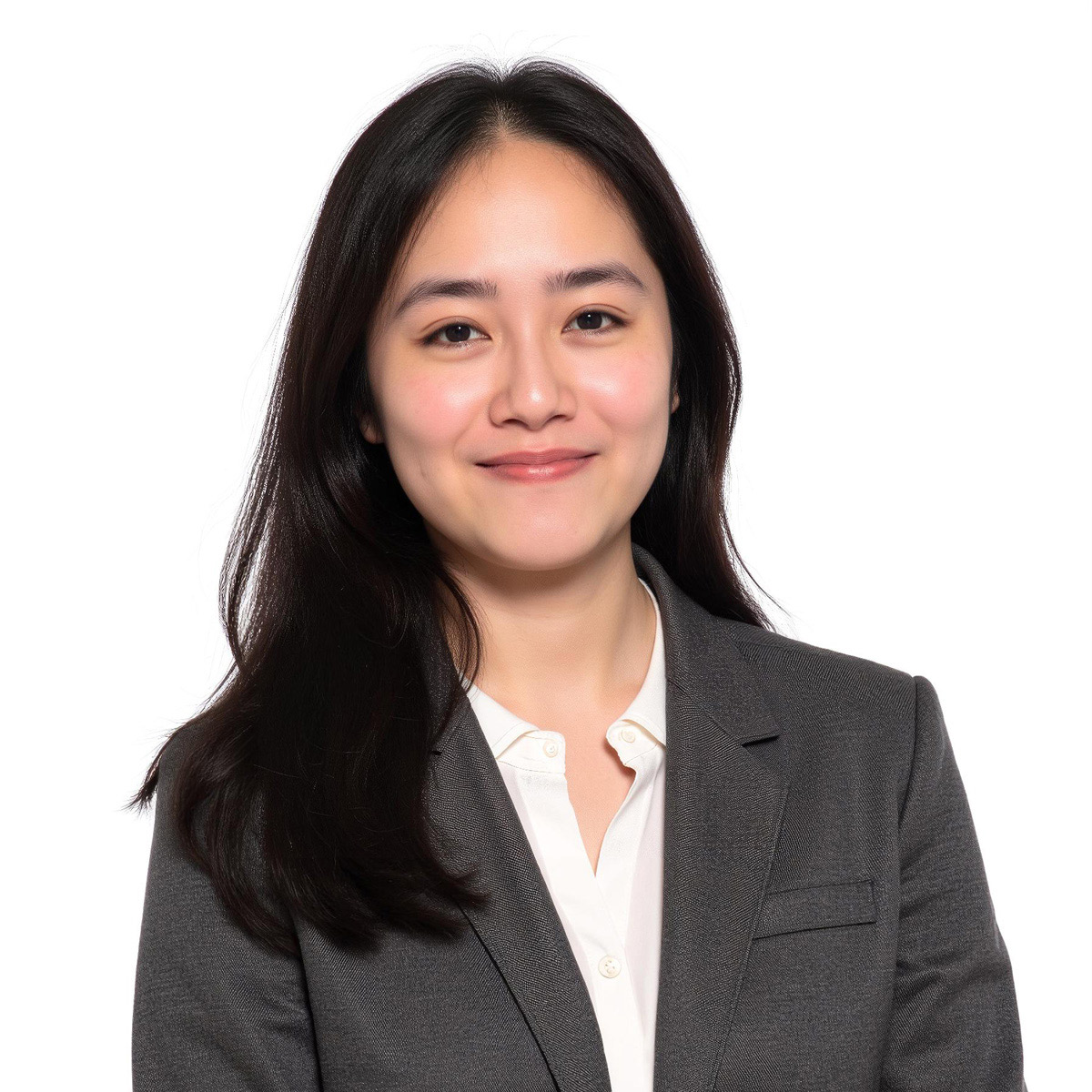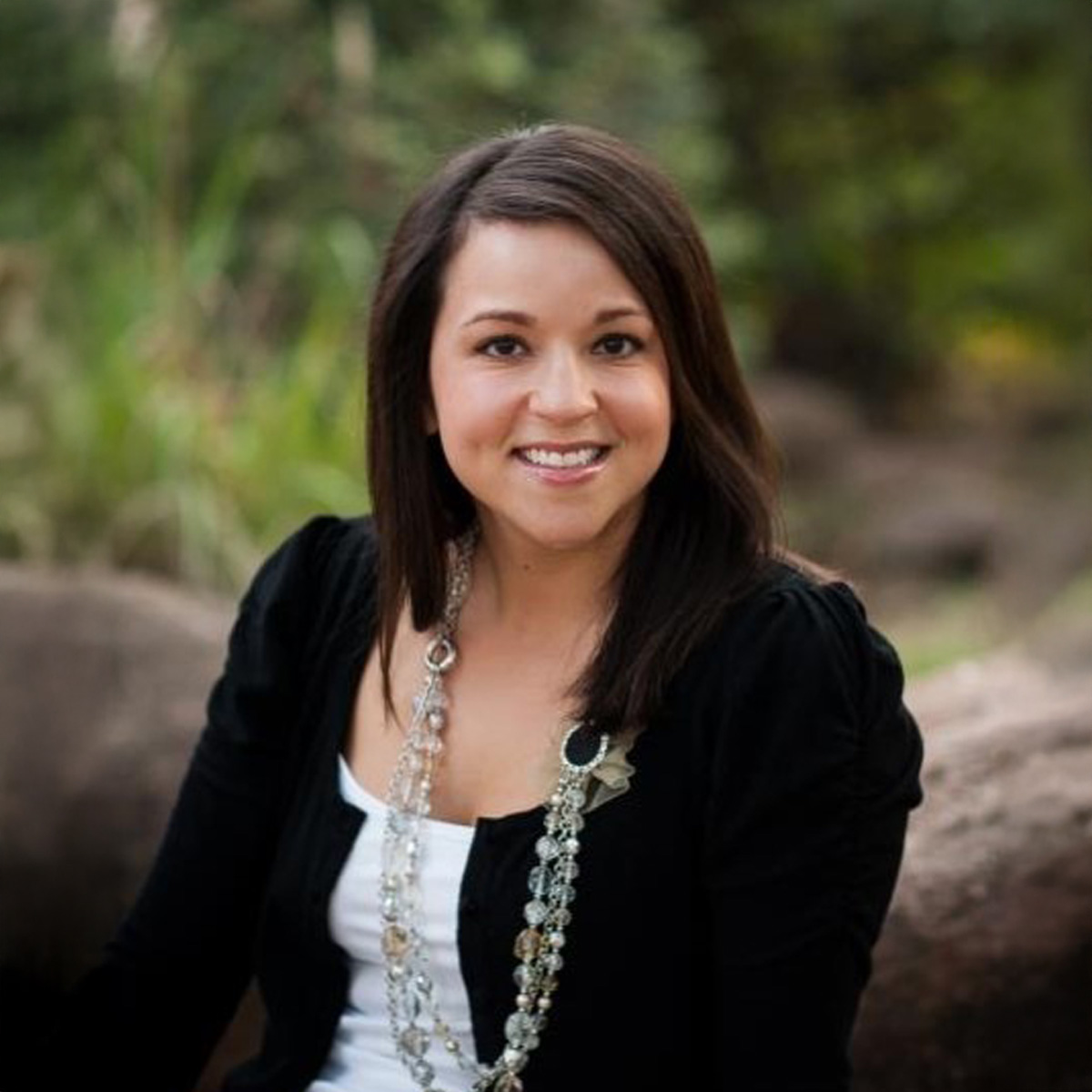Posted on March 2, 2020 by College of Sciences
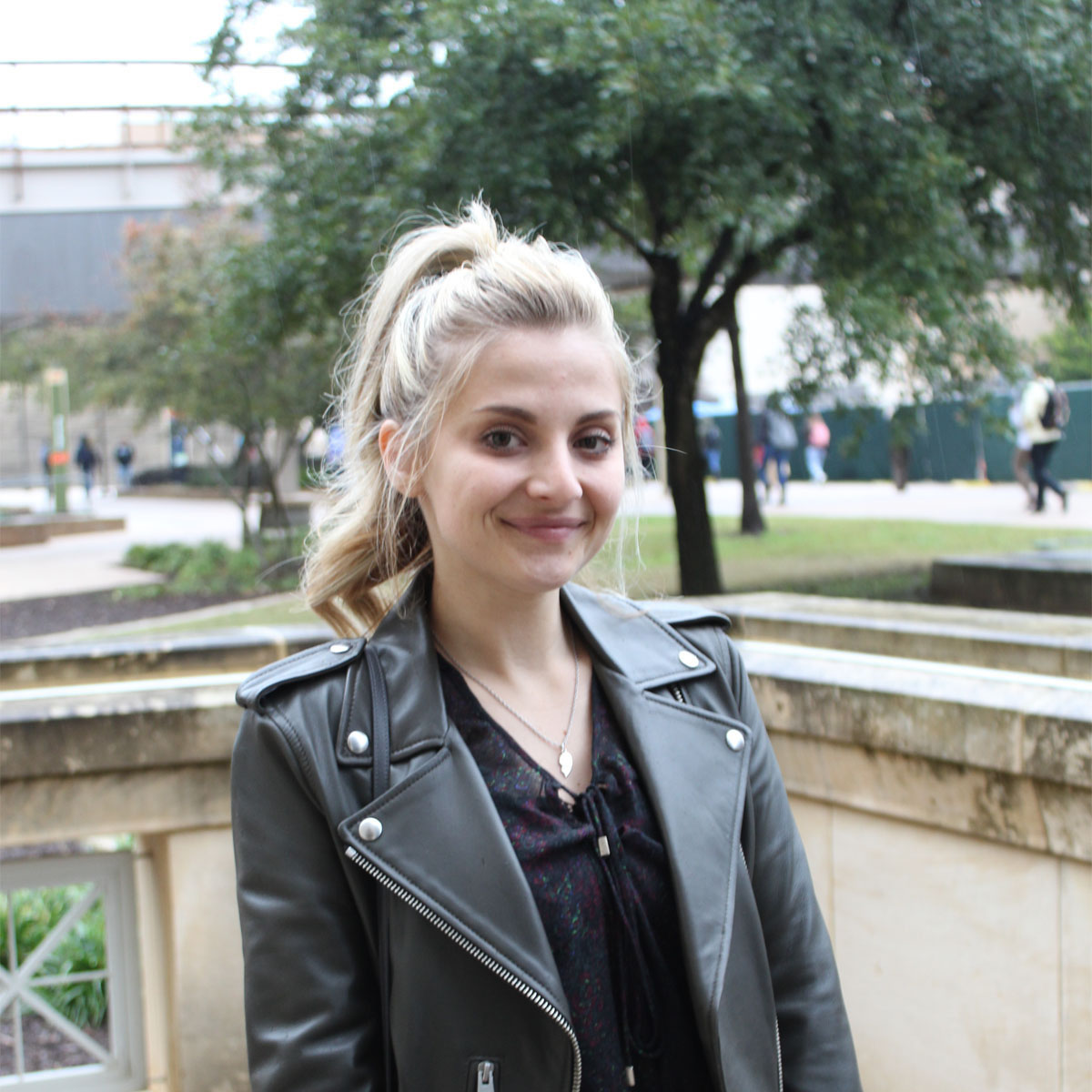
Charissa Munteanu
By Lauren Moriarty
When Charissa Munteanu was a young girl, her sister Abigail was born with three holes in her heart. Abigail's resulting heart surgery had a profound impact on seven-year-old Charissa. "Seeing my family go through that and all of us very nave to healthcare and science was intriguing to me," she remembers. "I wanted to be a pediatric surgeon. I wanted to make some sort of a difference, but I didn't know how."
Given these early ambitions, it wasn't a surprise when Charissa started her journey at UTSA as a Biology major. "I basically was just kind of going through the motions and telling myself that I would eventually love it," she says. When Charissa took organic chemistry with Dr. Frantz, she realized how much she liked the complexity of the atoms coming together. Charissa remembers the moment when Dr. Frantz sat her down and asked what she was doing with her life. "Basically, he was getting the sense that I didn't know what the heck I was doing," she laughs. "He said, Have you ever thought of research?' He was really pushing me, which was good because I really didn't have any guidance from family or friends." Charissa was able to cross over to Biochemistry and, in 2019, graduated with a Ph.D. in Chemistry from UTSA.
"I love basic science," Charissa says. "Developing a method that is applicable to the pharmaceutical industry, that's something I'm extremely excited about." Charissa's doctoral research focused on transition metal catalysis. "There are processes that don't work on their own," she explains. "In order to overcome what we like to call this barrier' of that process happening, sometimes we introduce metals to help facilitate those pathways by lowering that barrier' to push things to do what they don't necessarily want to do. There are certain reactions that are very difficult to do without a metal. However, when you look at a pharmaceutical company they have to look at the safety and cost. One of my focuses was on developing a method in collaboration with the Chemical and Synthetic Development group at Bristol-Myers Squibb where we're using very low amounts of precious metal."
Charissa says that the process of earning a Ph.D. taught her to accept failure. "There's always another way or a different reaction," she says. "Throughout the world of medicine, when you hit your head against the wall that means you have to do something new and just keep going. At the end it will be a beautiful story. It made me a stronger person for it, so I'm really grateful for the process." After four and a half years in the lab, Charissa is currently traveling the world. Her busy itinerary includes adventures in New York City, Canada, Europe, and Seattle. When she unpacks her suitcases, Charissa plans to make a difference in pharmaceutical industry as a process chemist.
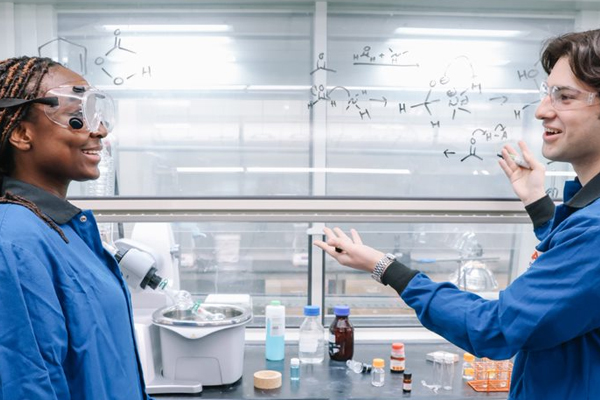
Explore the Chemistry Department!
Promoting scientific literacy through creative research and advances in education, including collaborations within and beyond the university. Students have access to strong research programs, state-of-the-art resources, and competitive financial support.
Recent Chemistry Spotlights
View More Spotlights